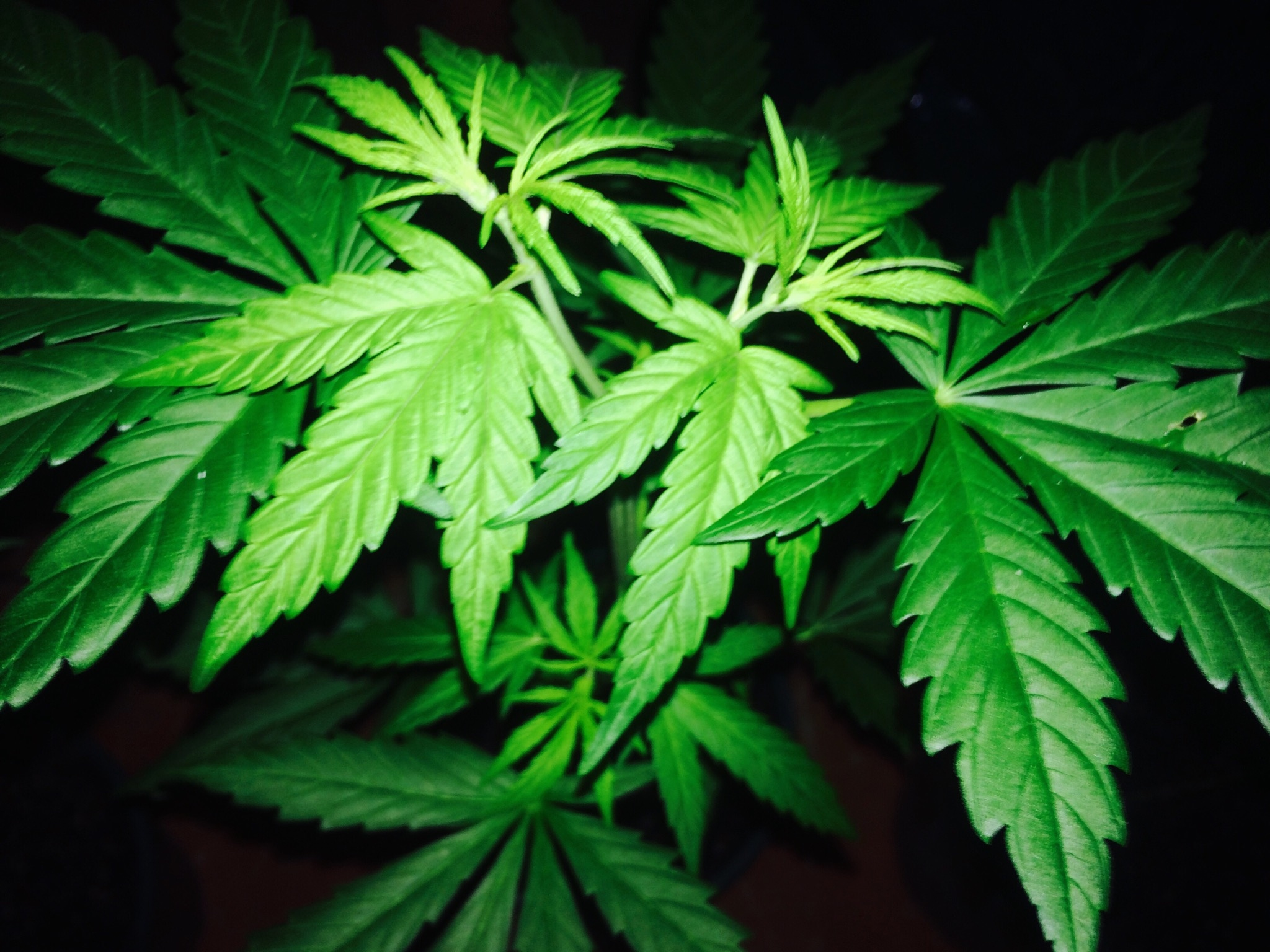
Even after years of heavy use, marijuana doesn’t seem to have much of an impact on the physical health of the body.
So finds a recent study published in JAMA Psychiatry, which analyzed data from a group of 1,037 New Zealanders followed from their birth until age 38. The researchers, led by Madeline Meier of Arizona State University, looked at whether cannabis use from age 18 to 38 was linked to several aspects of physical health, which were measured at several points throughout the years of the study through lab tests and self-reports.
The only bad effects pot seemed to have were on the teeth. At age 38, people who used cannabis had worse periodontal health than their peers, and nothing else appeared to be affected. By contrast, tobacco use was connected to all the expected declines: worse lung function, more inflammation and compromised metabolic health. Of course, the results come with a caveat; it’s possible that negative health effects of cannabis could show themselves after the age of 38.
Even more surprisingly, the researchers found that cannabis use over time was linked to a lower BMI, smaller waist circumference and better HDL cholesterol, suggesting that cannabis may be involved in metabolism. But it’s unlikely that this would have a major effect, the study authors note, since pot wasn’t linked to reduced risk of metabolic syndrome.
“There are definitely health risks associated with heavy marijuana use, but there just aren’t as many as we previously thought,” says Dr. Kevin Hill, a marijuana addiction expert and assistant professor of psychiatry at Harvard Medical School, whose new commentary on the study is published Tuesday in JAMA.
The same group of researchers discovered some of those health risks in their famous 2012 study. Using data from the same group of New Zealanders, Meier and her team found that heavy marijuana use had effects on the brain on teenagers. Using cannabis regularly was associated with up to an 8 point decline in IQ when people started before age 18. (When adults began using cannabis after age 18—even heavily—they didn’t see this decline.)
“The answers with marijuana aren’t exactly what we would have expected them to be, and this is a great example,” Hill says. “You need to be willing to change your mind on these issues.”
More Must-Reads from TIME
- Donald Trump Is TIME's 2024 Person of the Year
- Why We Chose Trump as Person of the Year
- Is Intermittent Fasting Good or Bad for You?
- The 100 Must-Read Books of 2024
- The 20 Best Christmas TV Episodes
- Column: If Optimism Feels Ridiculous Now, Try Hope
- The Future of Climate Action Is Trade Policy
- Merle Bombardieri Is Helping People Make the Baby Decision
Write to Mandy Oaklander at mandy.oaklander@time.com